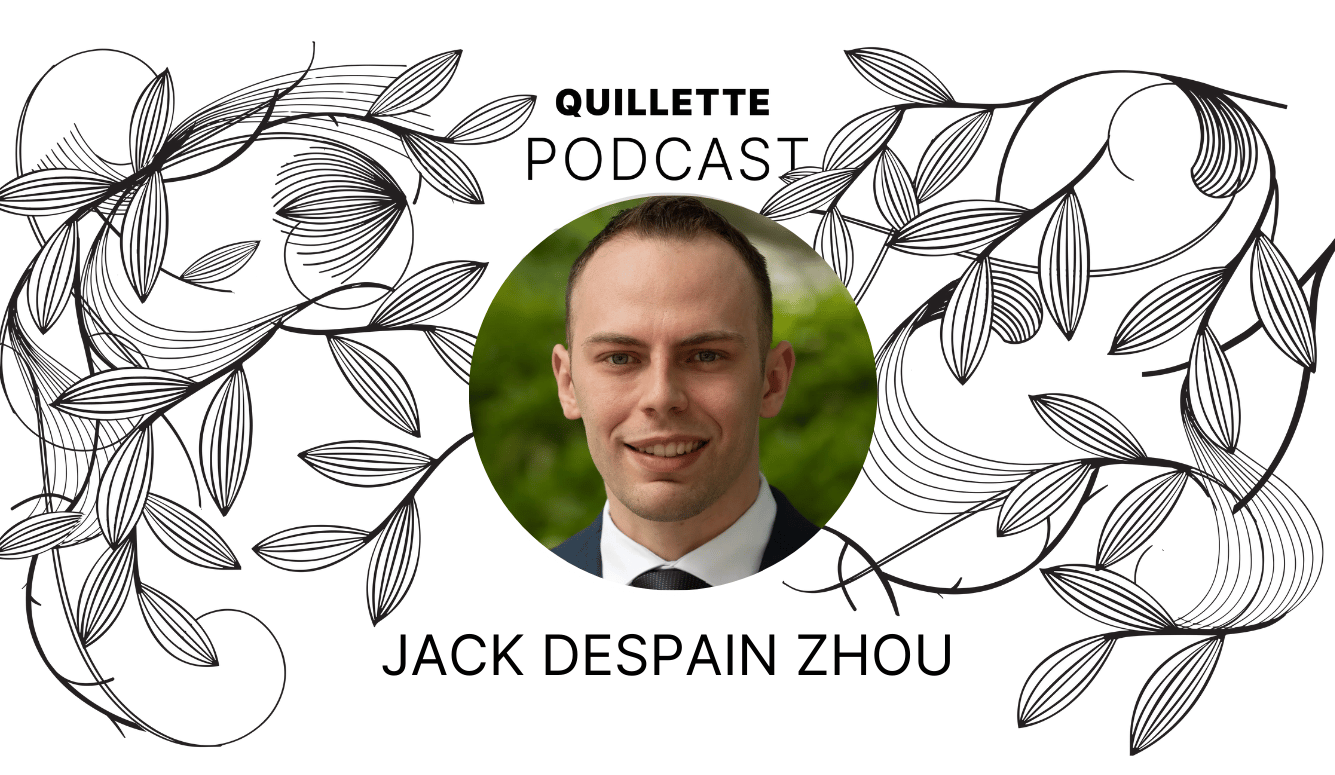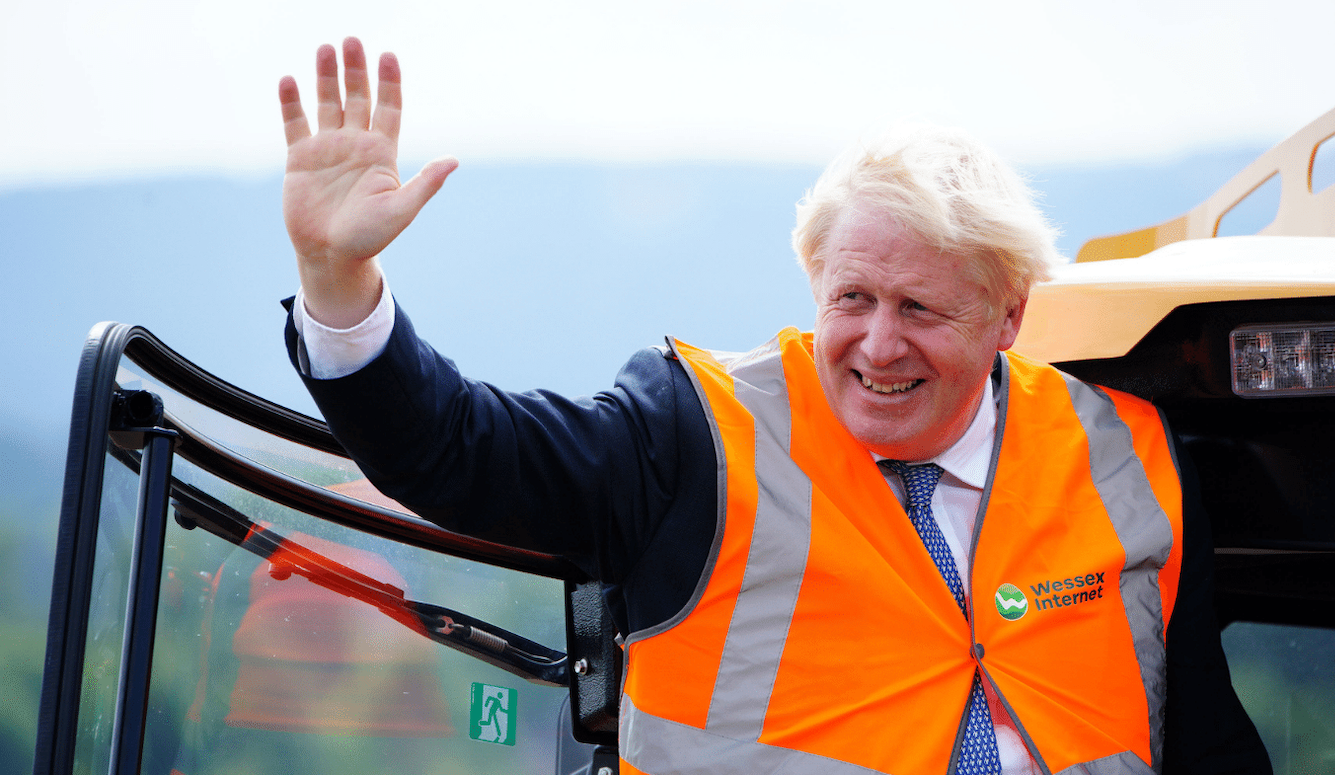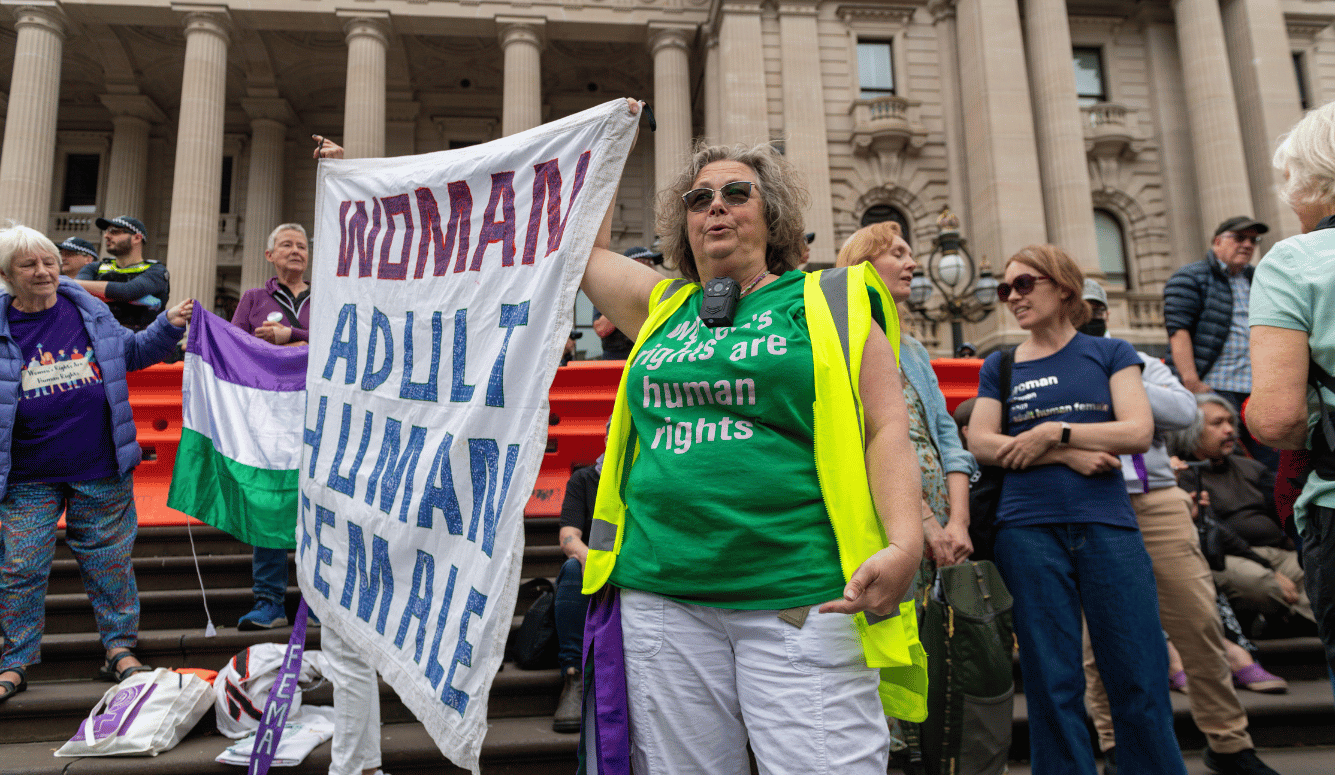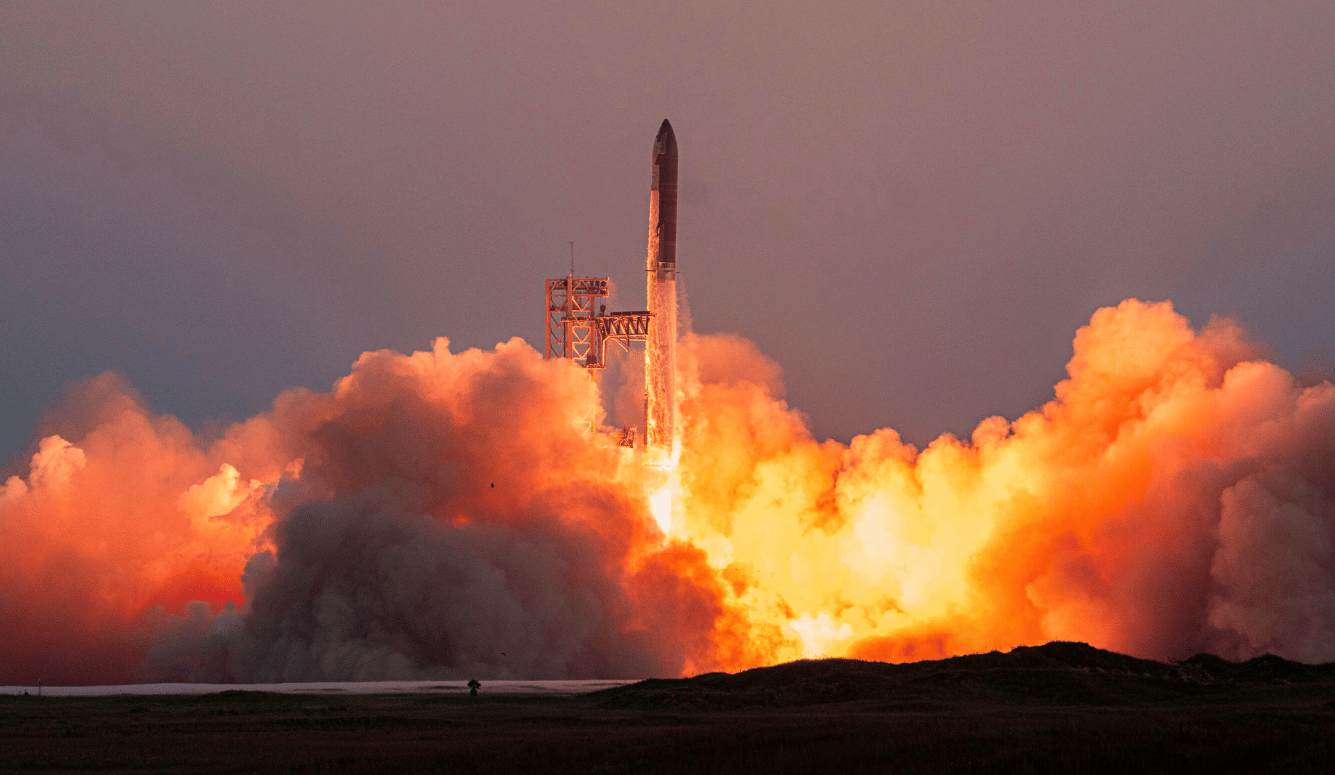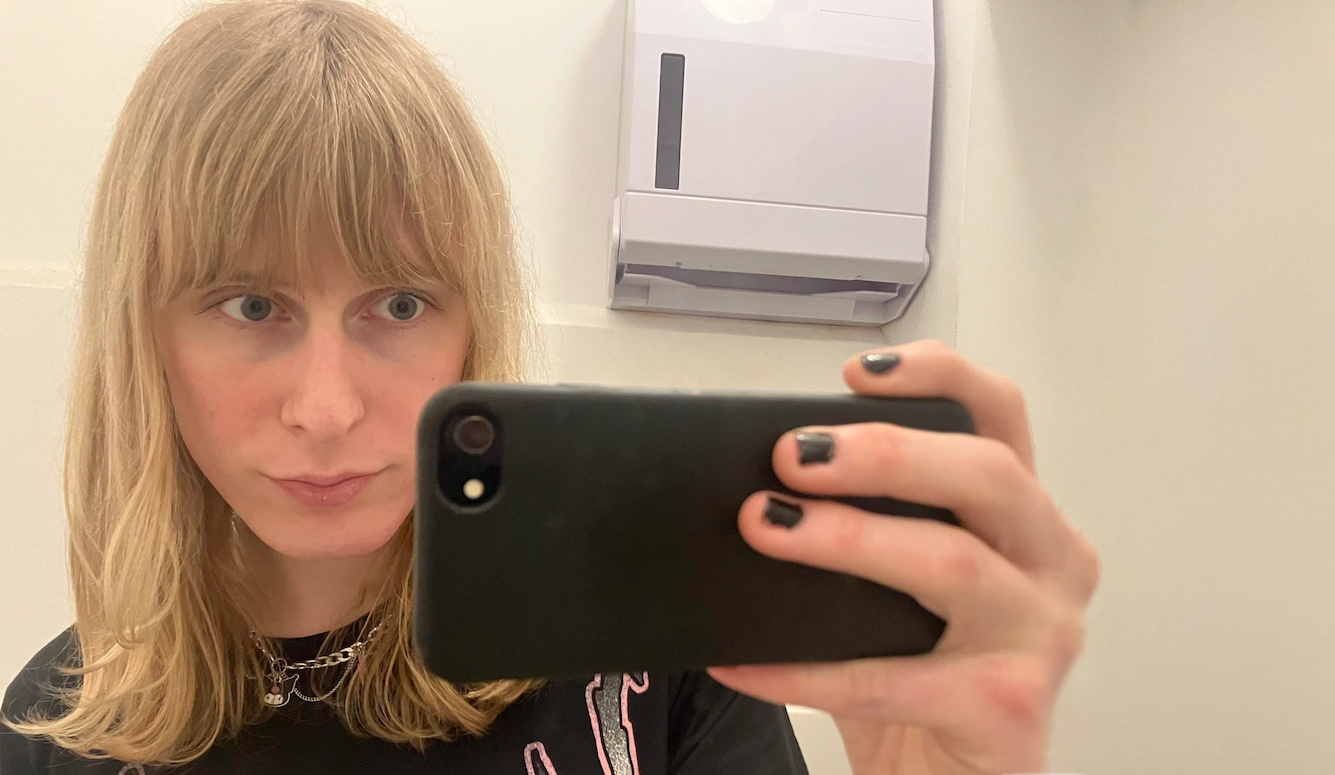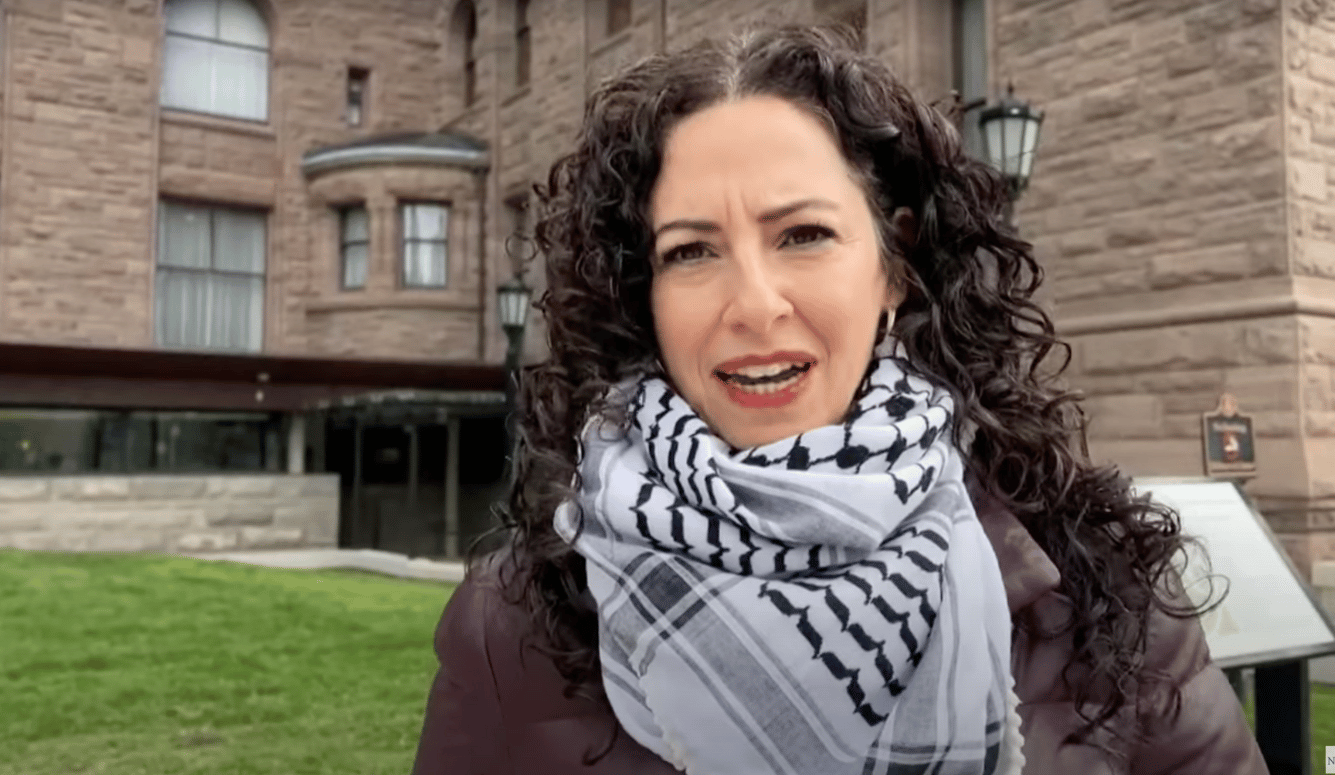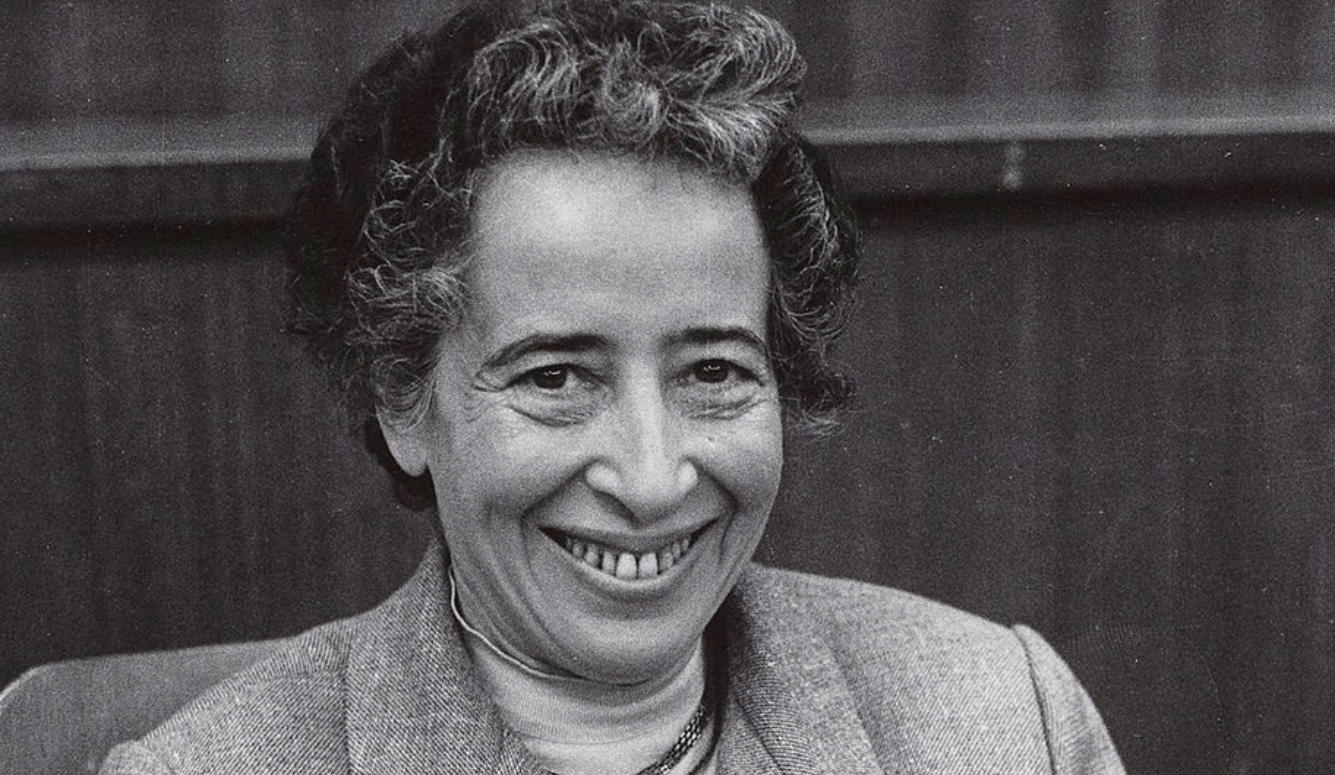Will Biden Resurrect the Iran Deal?
The logic of making Iran’s nuclear program less dangerous via the JCPOA agreement while leaning on the FBI to ignore the crimes of the smugglers that made Iran’s nuclear program so dangerous remains hard to fathom.
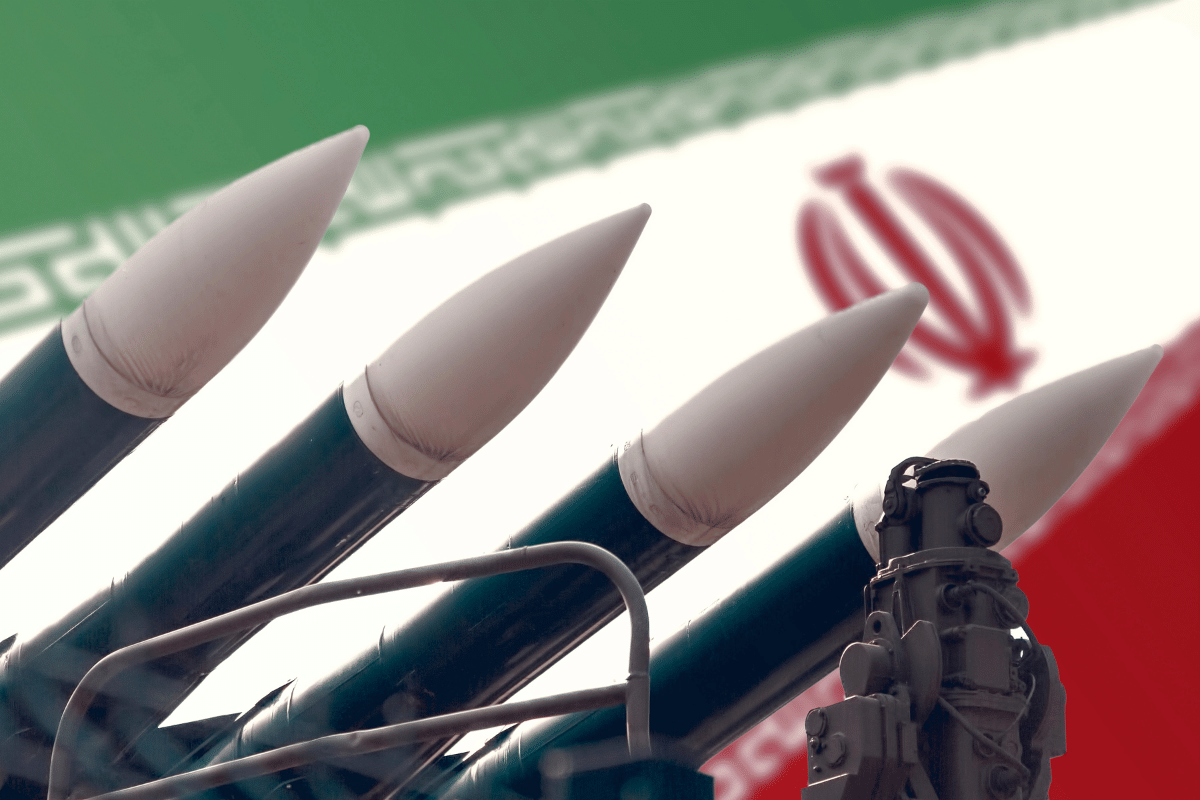
President Elect Joe Biden has stated his intention to return the United States to the multilateral deal hatched during the Obama administration to constrain Iran’s nuclear program in return for sanctions relief for Iran. The terms of the deal were laid out in the Joint Comprehensive Plan of Action (JCPOA), 159 pages of the kind of tortured diplomatic language and technical annexes you’d expect from people who would use a title like Joint Comprehensive Plan of Action.
The JCPOA faced strong opposition from US Republicans, and because of that opposition, the JCPOA could not be submitted in 2015 as a treaty to be ratified by the Republican-controlled Senate. It instead took the form of multilateral pact monitored by the International Atomic Energy Agency (IAEA) for Iran to cap the amount of Low Enriched Uranium (LEU) on hand, not enrich uranium above a certain level, and to allow IAEA Safeguards inspectors access to Iranian nuclear facilities. The US President was required to certify to Congress quarterly that Iran was in compliance with the deal to avoid re-imposition of harsh US sanctions.
At the time it was drafted, I was largely agnostic about the deal. Having worked for several years for the CIA’s Counter-Proliferation Division, Iran’s nuclear program was a major concern. I’d learned there was serious utility in getting inspectors regular access to Iran’s nuclear facilities. Iran has repeatedly been caught in lies by IAEA inspectors, so there was a decent chance that if Iran sought to return to an active nuclear weapons program, the IAEA inspectors would sniff that out. Also, there was a potential prospect that average Iranians could improve their economic prospects from the deal from increased trade. One of the ways Iran’s theocratic regime keeps a death grip on Iran’s society is near total control over the economy by the ruling mullahs and their Islamic Revolutionary Guard Corps henchmen. The JCPOA might have helped change that.
Still, the JCPOA also had serious flaws. Iranian military sites were “hands-off” to the IAEA inspectors, and the IAEA inspectors had limited capability to do no-warning inspections, the most important kind if you want to catch illicit activity. Iranians were to be given up to 24 days’ notice that the IAEA wanted to inspect a suspect site. Furthermore, there was legitimate concern that the hundreds of millions of dollars the Obama administration was releasing to Iran—Iranian funds that had been frozen in the US financial system—would be used by Iran to foment theocratic revolution in the region.
In 2015, I collaborated with former CIA colleagues on a detailed analysis of the business and economic implications of the JCPOA and discovered that the Obama administration had shed blood, sweat, and tears to bring into being something that was truly bizarre. It created significant economic benefits for every signatory of the JCPOA… but one. The US. It allowed Iran to sell their oil freely and get desperately needed foreign investment. It allowed China and our European allies to sell to Iran a whole range of products and services. But it prevented US persons (i.e., individuals or businesses) from taking part in the vast majority of consumer sales to Iran. An agreement that allowed our European and Asian economic competitors access to the Iranian market, but barred most US companies from that same opportunity, was a punitive “own goal” by the Obama administration, one that few critics of the JCPOA have remarked upon.
Perhaps then it comes as no surprise that during the 2016 presidential campaign, candidate Trump roundly criticized the JCPOA as “the worst deal ever.” Whether Trump made that claim because he actually knew about the deal’s flaws, or because he reflexively loathed everything created by Obama, is impossible to know. What is clear is that once in office, Trump hated having to give the quarterly certification to Congress that Iran was honoring their part of the deal, and in 2018 he stopped doing it and effectively withdrew the US from the deal.
The Trump administration then applied successive rounds of economic sanctions on Iran that robbed the country of any real benefit from the JCPOA—sanctions which also made it hard for any European and Asian countries to take advantage of Iran’s market opening. Iran’s economy is in shambles, partly due to the strict sanctions the US has imposed under the Trump administration’s “Maximum Pressure” strategy. (But Iran’s economic woes are not all due to sanctions. The Iranian leadership’s gross economic mismanagement and rampant corruption are also to blame.)
Before Biden rushes back into the JCPOA, his administration should take a good hard look at whether it has the capacity in its current form to achieve what it claimed it could.
Obama administration saw no evil
In addition to an evaluation of whether the JCPOA was the proper vessel to achieve Western foreign policy goals with respect to Iran’s nuclear program, we should also carry out an honest reckoning of what we paid for the JCPOA in the first place. Politico’s Josh Meyer revealed very damning details about the Obama administration’s strategy of ignoring the misdeeds of Iran and Iran’s proxies while scrambling to get Iran to sign the JCPOA and then abide by it.
Meyer’s article “The Secret Backstory of how Obama Let Hezbollah Off the Hook” revealed how the Department of Justice during the Obama administration pressured the Drug Enforcement Agency (DEA) to slow Project Cassandra, a DEA plan to go after a Hezbollah’s drug trafficking and money-laundering activities. The US turned a blind eye while tons of cocaine were smuggled into the US, laundering the drug profits back out of the US in a scheme to buy up used cars in America and ship them to Africa for sale.
In “Obama’s Hidden Iran Deal Giveaway,” Meyer reported how the Obama administration slowed the FBI’s efforts to prosecute Iranian nuclear smugglers that were helping Iran get parts for its nuclear program. This was part of a “don’t rock the boat” mindset that prioritized Iran’s signature of the JCPOA above all else.
The Obama administration’s policy of looking the other way included dropping 14 international arrest warrants for people involved in Iran’s nuclear proliferation network, including major smuggler Seyed Abolfazl Shahab Jamili.
Meyer wrote in Politico:
The biggest fish, though, was Seyed Abolfazl Shahab Jamili, who had been charged with being part of a conspiracy that from 2005 to 2012 procured thousands of parts with nuclear applications for Iran via China. That included hundreds of US-made sensors for the uranium enrichment centrifuges in Iran whose progress had prompted the nuclear deal talks in the first place.
The logic of making Iran’s nuclear program less dangerous via the JCPOA agreement while leaning on the FBI to ignore the crimes of the smugglers that made Iran’s nuclear program so dangerous remains hard to fathom.
Partly in response to Meyer’s reporting, then-US Attorney General Jeff Sessions set up the Hezbollah Financing and Narcoterrorism Team in 2018 at the Department of Justice to resume the focus on Hezbollah that the Obama administration had allowed to lapse. This has resulted in renewed indictments of Hezbollah-affiliated drug traffickers, and just days ago, new sanctions slapped on Hezbollah’s Christian allies in Lebanon.
Hezbollah Watch analyst Sam Bazzi told me: “Heavy US sanctions alone won’t collapse Hezbollah, but they surely make the Khomeinist party uncomfortable and curtail its efforts to completely control and rule Lebanon in the same fashion as the Tehran regime.”
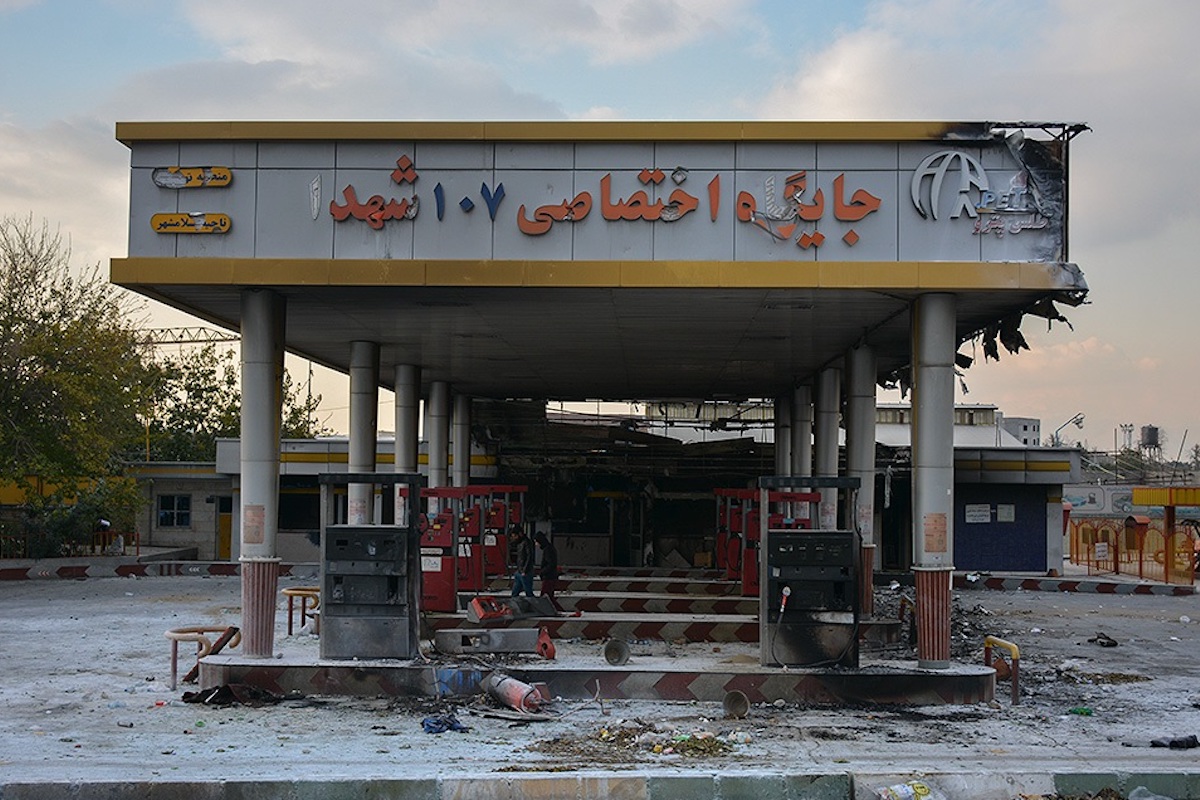
The rocky road to real certification
For the JCPOA to be resurrected, President Biden will have to routinely certify that Iran is abiding by its terms. Yet the IAEA, the organization charged with monitoring Iran’s nuclear program, just announced in their November 11th report that Iran now has 12 times the amount of LEU on hand than that permitted by the JCPOA.
One of the ramifications of Iran’s continued enrichment and construction of new enrichment cascades is that Iran’s “breakout time”—the time it would take from Iran making a decision to build a nuclear weapon to having one in hand—is down to three-and-a-half months. The initial goal of the JCPOA was to keep the “breakout time” to a year or more, which is what it was when the JCPOA was first negotiated.
The IAEA’s November 11th JCPOA verification report says Iran’s explanations for their undeclared activities and sites are “unsatisfactory” and “not technically credible,” which amounts to a declaration of “Liar, Liar, Pants on Fire” in international diplo-speak.
The Institute for Science and International Security (now referred to by its staff as “the good ISIS”) is the leading non-partisan nuclear think tank in the US. ISIS has reported on the state of Iran’s nuclear program for years in excruciating technical detail, providing a clearer picture of what Iran is really up to and the implications of Iran’s actions than any source outside the US intelligence community.
ISIS’s recent Twitter reaction to the IAEA’s November report implies a return to the JCPOA by a Biden administration would be a serious mistake.
Given Iran’s response to allegations of undeclared nuclear material being “not technically credible”, it is hard to see how reducing sanctions or rejoining the JCPOA will do anything but encourage Iran to continue resisting the IAEA trying to do its job. 9/9
— Inst for Science (@TheGoodISIS) November 11, 2020
Andrea Stricker used to be a senior nuclear policy analyst at (the good) ISIS and now works for the non-partisan Foundation for Defense of Democracies. I asked Stricker if rejoining the JCPOA would be the Biden administration’s best move to keep Iran’s nuclear program in check.
She said no.
The Biden administration should not rejoin an agreement whose restrictions are already lifting, but negotiate a better deal. The US currently has unprecedented leverage from the maximum pressure campaign and should seek a new agreement and demand to see major policy changes by the regime before sanctions are relieved.
Stricker was also no fan of the idea that the Biden administration needs to be soft on Iran to get a deal, as the Obama admin was.
Now, it would be best to use the JCPOA as a confidence building measure—to perhaps maintain some of its technical elements in a new accord—but to negotiate something that would stand the test of time.
An ideal agreement would be similar to nuclear arms control agreements with the Soviet Union, which have in large part remained in place through successive US administrations because their value and technical merits are undeniable. A new accord’s provisions would also need to be indefinite and tied to Iran changing its behavior. We are not negotiating with an adversary of equal power here, as the Soviets were once seen. Despite Iran’s ability to cause mayhem, we need to remember that we have the upper hand and should stick to our non-negotiable demands for change.
David Albright, the nuclear physicist who founded ISIS, agrees that the US now has serious leverage it can use to drive a hard bargain with Iran. He told NBC recently: “Whatever you think of Trump—and I didn’t like that he left the deal—he generated a tremendous amount of leverage on Iran, and not to use that just seems crazy. In that sense it’s a gift to Biden.”
Iran, for its part, is trying to raise the stakes further. In addition to having 12 times the amount of enriched LEU allowed by the JCPOA, the Atomic Energy Organization of Iran just declared it may further enrich some unstated quantity of uranium, presumably so it is no longer in the low enriched category, and thus closer to the 90 percent enrichment that makes uranium “weapons grade.”
That the JCPOA is deeply flawed, costly, and—according to the IAEA’s recent report—ineffectual, is increasingly clear. Whether Iran would agree to a new deal that corrects the JCPOA’s shortcomings comes down to how much Iran’s leaders care about the economic suffering of ordinary Iranians. That suffering must be weighed against the leaders’ strong preference to keep stonewalling IAEA nuclear inspectors, while piously pretending that’s not what they’re doing.
FDD’s Andrea Stricker told me returning to the JCPOA “as is” would be a mistake.
If Biden re-enters the JCPOA, it is difficult to see how the IAEA would have much support from Washington or the European parties to continue the promising beginnings of what could have been an in-depth investigation into Iran’s past activities. Iran’s Nuclear Archive showed that in 2003, rather than ending the nuclear weapons program, Tehran simply ended some of the most overt activities and folded them into R&D projects in order to covertly maintain them and further its knowledge base.
If we have no assurance that such efforts do not continue, then we have not gained much from the JCPOA except a temporary cap on Iran’s declared breakout capability. President-elect Biden would be agreeing to free up the economic resources of a state sponsor of terror for very limited returns.
If the incoming Biden administration reacts as the Obama administration did, Biden will be returning the US to a foreign policy that gives away far more to Iran than it gains for the US, while making promises about Iranian compliance that are based on wishful thinking rather than fact. Preparing to ignore Hezbollah’s drug smuggling and money laundering and Iran’s nuclear procurement would not be a smart way to go about resurrecting the JCPOA.
If Biden uses the leverage created by the Trump administration’s Maximum Pressure strategy, there is a chance Iran might finally agree to intrusive, no-notice inspections, while finally addressing Iran’s many outright lies to the IAEA. Only with such an inspection agreement in place could the Biden administration truthfully certify that Iran is in full compliance and has earned real sanctions relief.
The Biden administration has the advantage of Iranians having just experienced four years of Trump’s “bad cop” routine. If Biden doesn’t use that to leverage a better, more enforceable version of the JCPOA out of the Iranians, the pain inflicted on ordinary Iranians by the Maximum Pressure strategy will have been for naught, and the world will be no further away from a nuclear-armed Iran. Not only that, but Joe Biden will have given Iran’s brutal theocracy a new lease of life.
A new wrinkle
Four weeks after Biden announced his intent to return to the JCPOA, rumors have been circulating that the Trump administration might use its final weeks in office to create roadblocks to the US rejoining the nuclear deal. On November 27th, a major roadblock emerged. The alleged former head of Iran’s nuclear weapons research program, nuclear physicist Mohsen Fakhrizadeh, was assassinated on the streets of a suburb of Tehran.
While nobody is claiming responsibility, most experts attribute this action to Israel (possibly with intelligence support from the US), which carried out a campaign to assassinate Iranian nuclear scientists several years ago. This comes on the heels of an assassination on August 7th of Al Qaeda’s third-in-command living under cover in Iran, and the US’s drone strike assassination of Islamic Revolutionary Guard Corp general Qassem Solemani in Baghdad in January.
Iran’s theocratic hardliners generally loathe the idea of negotiations with the US, but were brought to the table under economic duress last time around. With the assassination of a prominent nuclear scientist, it is less likely that the few moderates that exist in Iran’s foreign policy establishment will be able to push the regime to renegotiate the JCPOA, which would have to include some concessions from Iran.
It is just as easy to imagine that the regime, having brought Iran to the three-and-a-half-month “breakout” line, will use the last few weeks of the Trump administration to enrich uranium to as high a level as they can manage and move ever closer to nuclear “breakout.”
Art Keller has covered Iranian issues in and out of government for 20 years. His novel about the CIA and Iran is Hollow Strength. You can follow him on Twitter at @ArtKeller.


